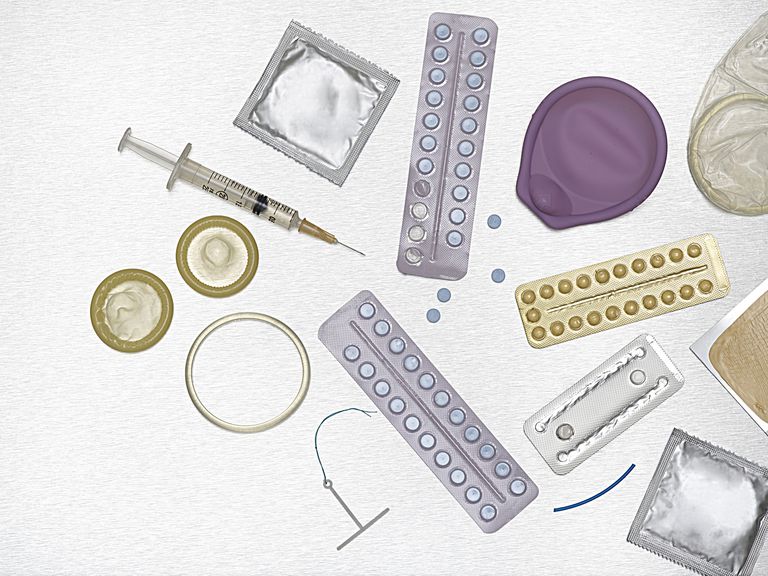Birth control, geared to women, today offers many possibilities. There are dozens of pills, five types of intrauterine devices (IUDs), a subcutaneous implant and many more options.
Unfortunately, birth control still haunts myths and misinformation.
False myth 1: You cannot get pregnant if you are under some
method of birth control
Most people think these methods are infallible, None of them is, not even sterilization is 100% effective.
False myth 2: Hormonal contraceptives are toxic
All types of hormonal contraceptives have real risks that you should discuss with a gynecologist. You must demand that they inform you of everything adequately in the short, medium and long term of the contraceptive. But that does not make them toxic or bad for everyone.
For many women, the benefits outweigh those risks hormone,
A person with endometriosis, for example, could have tremendous menstrual pain without the use of hormonal contraceptives. The key, go to a professional and together decides which method is best for you.
Anyway, if you do not want to take hormones but you want effective semi-permanent birth control, there is a solution: the copper IUD. The only active ingredient is copper, it has an effectiveness of over 99% and provides 10 years of protection, but it is not without side effects even if it does not release hormones.
False myth 3: The pill should be taken at the same time
every day
It depends on what type of pill you take. If you take the progestin-only one, you should take it at the same time every day, since its effects begin to disappear after approximately 26 hours.
But if you take the combined pill, which contains progestin and estrogen, there is more room for maneuver. This pill prevents ovulation, its effect is longer over time.
Of course, some doctors still recommend that you take any pill you take at the same time every day, simply because it helps you create a habit. But you do not need to panic if you arrive a little late to take a combined pill.
False myth 4: It is not safe to skip periods using hormones
Some women eliminate their periods by skipping the last week of the placebo pills and jumping directly into a new package of contraceptive pills. Others do so by leaving their hormone ring in place for four weeks instead of three. And some forms of hormonal contraception, such as the IUD and the implant, can make the period go away completely. All this is totally safe.
It’s easy to think, If I’m not bleeding, it’s because of everything that’s supposed to go out is going to stay inside, but skipping periods does not mean you have a blood pool in your uterus.
What the hormone does is that it keeps the uterine lining thin, it keeps the uterus empty, so there’s nothing that needs to come out
If you like the guarantee that you are not pregnant that monthly periods provide, great. But if you prefer not to deal with them, also good. As long as your doctor is informed and tells you that it is a viable option for you.
Anyway, the best advice on contraceptives is the one that a gynecologist will give you studying your specific case and your peculiarities. And it is important to remember that hormonal methods do not prevent the spread of sexually transmitted diseases.














